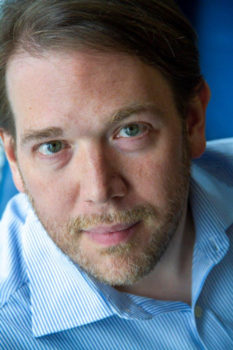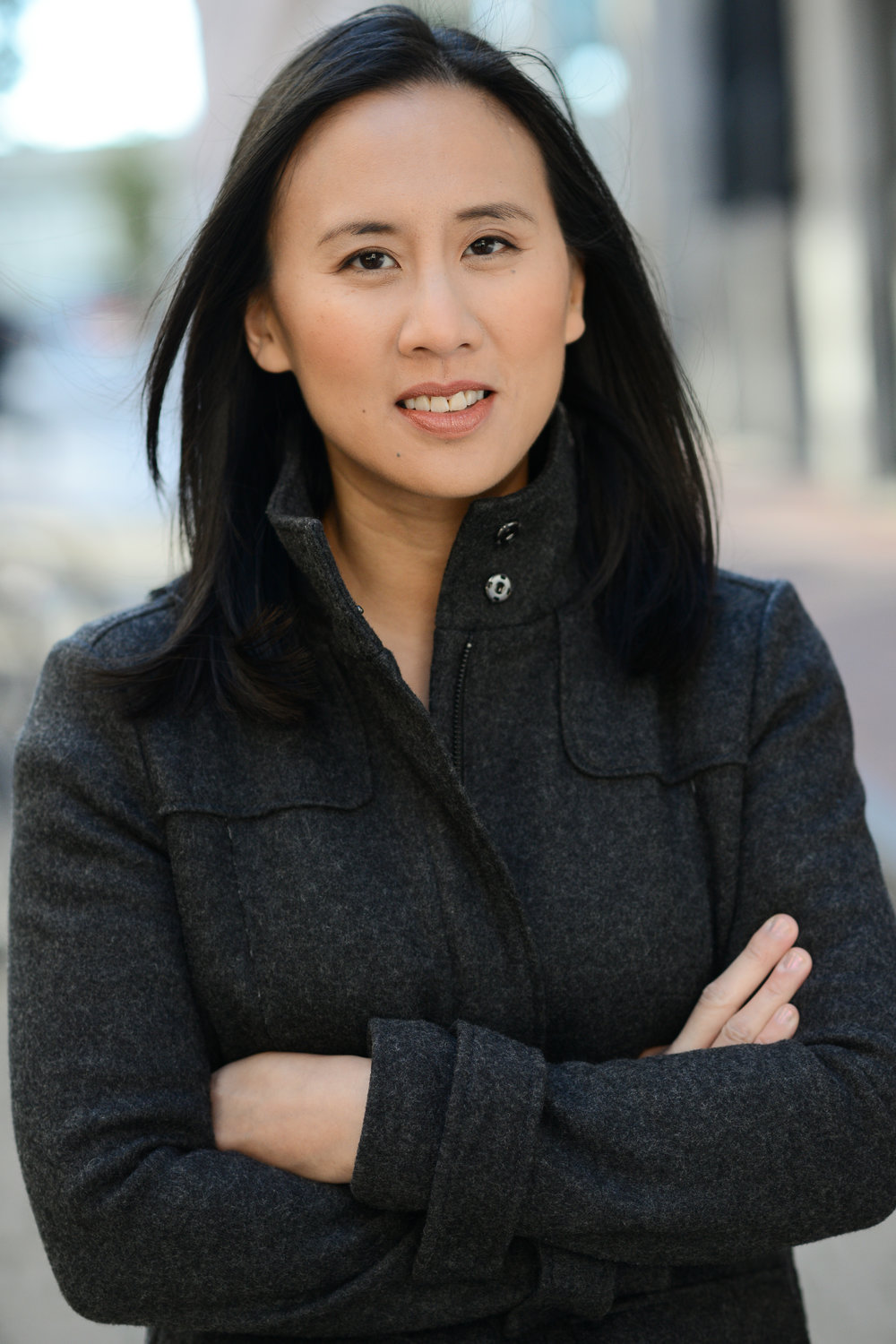Which came first, the moody teen, or the YA fiction that moody teens often gravitate towards? Linda Holmes of NPR responds to a recent Wall Street Journal editorial that criticized YA fiction for being “too dark”:
I’m more intrigued by the aspirational nature of the quaint but sad idea that teenagers, if you don’t give them The Hunger Games, can be effectively surrounded by images of joy and beauty.
While the WSJ piece refers to the YA fiction view of the world as a funhouse mirror, I fear that what’s distorted is the vision of being a teenager that suggests kids don’t know pathologies like suicide or abuse unless they read about them in books.
Do you remember being 15?
For some people, it was a breeze. There are absolutely, positively people who had a very easy time as adolescents, who feel a little guilty about the fact that they didn’t actually find youth all that difficult, and it’s unfair to declare their experiences invalid or uninteresting or inauthentic.
But there are plenty — plenty — of people for whom, if they are honest, it was a time of isolation and bafflement and plain old gutting it out until they got older. And even when it wasn’t miserable, it was often complicated, and a lot of kids who don’t experience abusive dating relationships or self-harm or eating disorders? They already know somebody who does. Surrounding them with books full of joy and beauty is fine, but confining their reading to those things because we are afraid that they cannot tolerate being exposed to the things they are already so often exposed to does them a terrible disservice. It’s difficult to say to a teenager, “We don’t even let you read about anyone who cuts herself; it’s that much of a taboo. But by all means, if you’re cutting yourself, feel free to tell a trusted adult.”
Honestly, the kids who are reading the scary YA fiction — the dark stuff, the creepy stuff, the adventurous and weird and dirty stuff — are the same kids who, if YA fiction weren’t dark and creepy sometimes, would just read dark and creepy books for adults.
When I was a teen, I remember my mother sitting me down for a serious talk about the music I was listening to: she was concerned that it was “too depressing,” that it might be making me angsty. Okay, she had a point; it was pretty angsty stuff (hey, it was the ’90s, the era of bands like Soundgarden and Nirvana, where the anguished wail became an art form). But to my mind, the music expressed what I was already feeling. That was why I listened to it: it spoke to me.
So do young adults need to be shielded from “dark” YA lit? Or does it help them to express what they’re already feeling and convince them—crucially—that they’re not alone? I have to say I’m with Holmes on this one.






